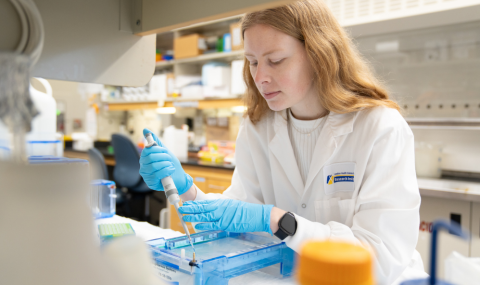Chest Injury
A chest injury is most commonly caused by a blunt force trauma from a motor vehicle collision or fall. A chest injury can include rib fractures, sternum (breast bone) fracture or bruising of the chest wall.
A chest injury can be very painful! Unlike an injury to another party of the body, you cannot completely rest your chest since you use your chest muscles to breathe, cough, or support you when you sit up or lie down.
Pneumonia
The biggest risk after a chest injury is developing a lung infection (pneumonia). The greatest risk of infection is immediate and up to 7-10 days after the injury occurred.
To prevent this complication:
- Take regular pain medication
- Keep mobile (i.e.: walking)
- Deep breathe (five (5) times every hour) and cough (supporting your chest with a pillow or your hand)
- Stop smoking
- Keep your shoulders moving (unless another injury prevents you)
Pain control
A chest injury is extremely painful, but most chest fractures heal properly without surgery. The most severe pain occurs in the first two weeks before the bone edges begin to properly heal, but fractures may take at least 8 to 12 weeks to fully heal. Pain and a clicking and/or moving sensation are to be expected when you cough, laugh, sneeze, rollover, lay down or take a deep breath.
Regular use of acetaminophen (Tylenol) with additional anti-inflammatory medications such as Ibuprofen (Advil, Motrin, etc.) as needed are usually helpful, but nothing will take away the pain completely. Each day the pain should continue to lessen, but only time will make the pain completely go away.
Discharged home
Once you are discharged home, if any of the following signs or symptoms occurs you should present to the emergency department for reassessment:
- Increased sharp chest pain after a deep breath that will not go away.
- Increased shortness of breath.
- Fever (temperature > 38.5°C by mouth).
- Change in the colour of what you are coughing up.
If you have any questions or concerns please contact the Trauma Program at:
LHSC - Victoria Hospital
Room E1-129
800 Commissioners Rd. East
London, Ontario N6A 5W9
Telephone: 519-667-6795
Fax: 519-667-6518


